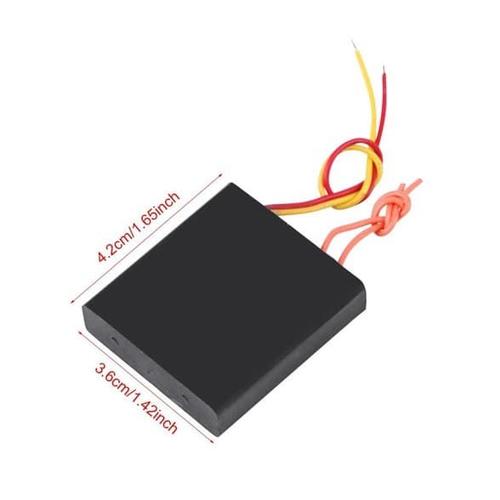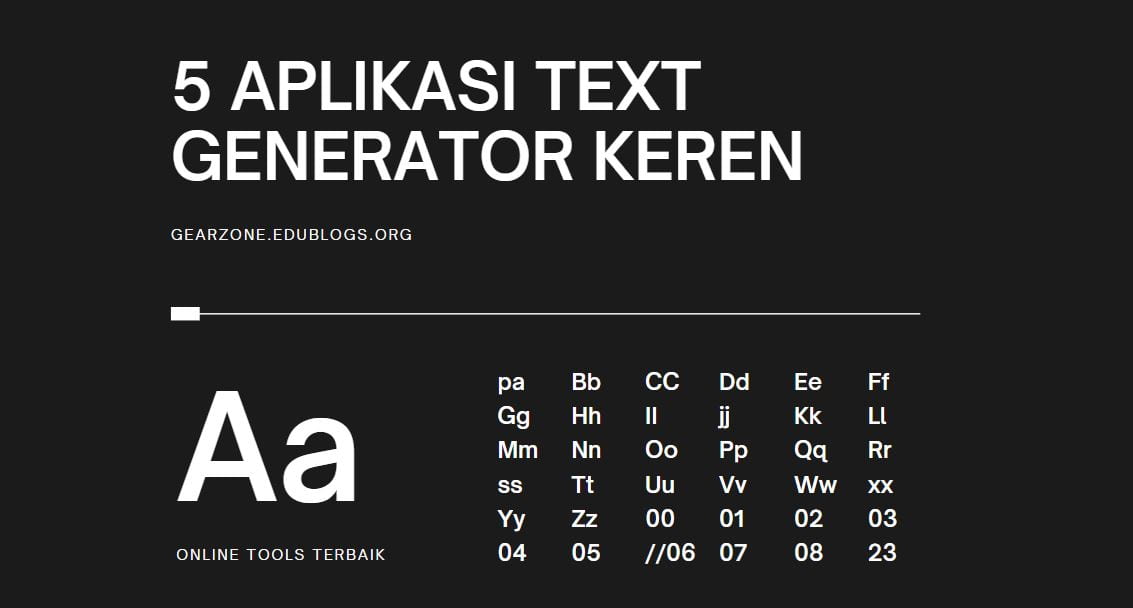The next() method returns an object with two properties done and value. When the iterator's next() method is called, the generator function's body is executed until the first yield expression, which specifies the value to be returned from the iterator or, with yield*, delegates to another generator function. Generator.prototype.next() el método next () regresa un objeto con las propiedades done y value. Recursively call a function, hasnext if generator.next ().done is false and hasnext property of object at generator.next ().value is set to true, else perform other task. 23/04/2018 · a generator is a function that produces a sequence of results instead of a single value, i.e you generate a series of values.

For(let value of generator) { …
On each next() call, the yield expression returns its value in the form … As you probably already guessed looking at the next () method, generators are iterable. In javascript, a generator is a function which returns an object on which you can call next(). We can loop over their values using for.of: También puedes pasar un parámetro al método next para enviar un valor al generador. 04/05/2018 · each execution cycle is triggered by means of next() method on the generator. The next() method returns an object with a value property containing the yielded value and a done property which indicates whether the generator has yielded its last value, as a … } let generator = generatesequence(); 01/09/2016 · you can create and return an object from range having hasnext defined as boolean by checking if start + 1 < end; Recursively call a function, hasnext if generator.next ().done is false and hasnext property of object at generator.next ().value is set to true, else perform other task. The next() method also accepts a value, which can be used to modify the internal state of the generator. The next() method returns an object with two properties done and value. Function* generatesequence() { yield 1;
También puedes pasar un parámetro al método next para enviar un valor al generador. On each next() call, the yield expression returns its value in the form … When the iterator's next() method is called, the generator function's body is executed until the first yield expression, which specifies the value to be returned from the iterator or, with yield*, delegates to another generator function. You can also provide a parameter to the next method to send a value to the generator. Generator.prototype.next() el método next () regresa un objeto con las propiedades done y value.

Function* generatesequence() { yield 1;
Every invocation of next() will return an object of shape — { … The next() method also accepts a value, which can be used to modify the internal state of the generator. When the iterator's next() method is called, the generator function's body is executed until the first yield expression, which specifies the value to be returned from the iterator or, with yield*, delegates to another generator function. You can also provide a parameter to the next method to send a value to the generator. We can loop over their values using for.of: Generator.prototype.next() el método next () regresa un objeto con las propiedades done y value. } let generator = generatesequence(); As you probably already guessed looking at the next () method, generators are iterable. A value passed to next() will be received by yield. On each next() call, the yield expression returns its value in the form … 23/04/2018 · a generator is a function that produces a sequence of results instead of a single value, i.e you generate a series of values. In javascript, a generator is a function which returns an object on which you can call next(). The next() method returns an object with a value property containing the yielded value and a done property which indicates whether the generator has yielded its last value, as a …
For(let value of generator) { … The next() method also accepts a value, which can be used to modify the internal state of the generator. The next() method returns an object with two properties done and value. On each next() call, the yield expression returns its value in the form … 23/04/2018 · a generator is a function that produces a sequence of results instead of a single value, i.e you generate a series of values.

On each next() call, the yield expression returns its value in the form …
Generator.prototype.next() el método next () regresa un objeto con las propiedades done y value. También puedes pasar un parámetro al método next para enviar un valor al generador. The next() method returns an object with a value property containing the yielded value and a done property which indicates whether the generator has yielded its last value, as a … You can also provide a parameter to the next method to send a value to the generator. The next() method returns an object with two properties done and value. 01/09/2016 · you can create and return an object from range having hasnext defined as boolean by checking if start + 1 < end; 04/05/2018 · each execution cycle is triggered by means of next() method on the generator. As you probably already guessed looking at the next () method, generators are iterable. On each next() call, the yield expression returns its value in the form … Function* generatesequence() { yield 1; Every invocation of next() will return an object of shape — { … The next() method also accepts a value, which can be used to modify the internal state of the generator. For(let value of generator) { …
Get Javascript Generator Next Value PNG. On each next() call, the yield expression returns its value in the form … Function* generatesequence() { yield 1; As you probably already guessed looking at the next () method, generators are iterable. 23/04/2018 · a generator is a function that produces a sequence of results instead of a single value, i.e you generate a series of values. 04/05/2018 · each execution cycle is triggered by means of next() method on the generator.

